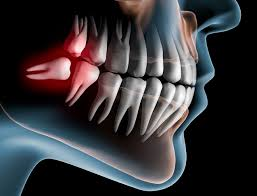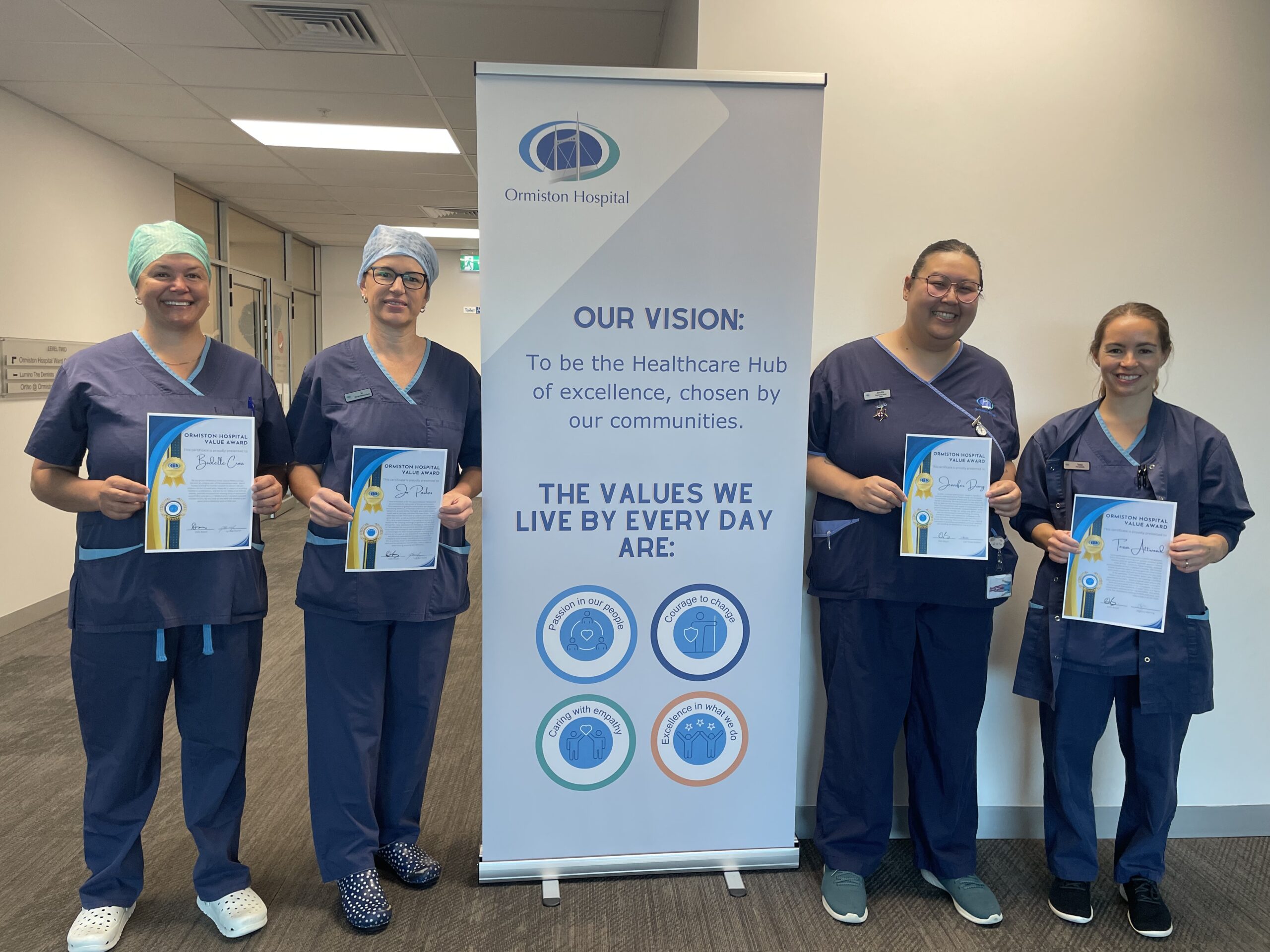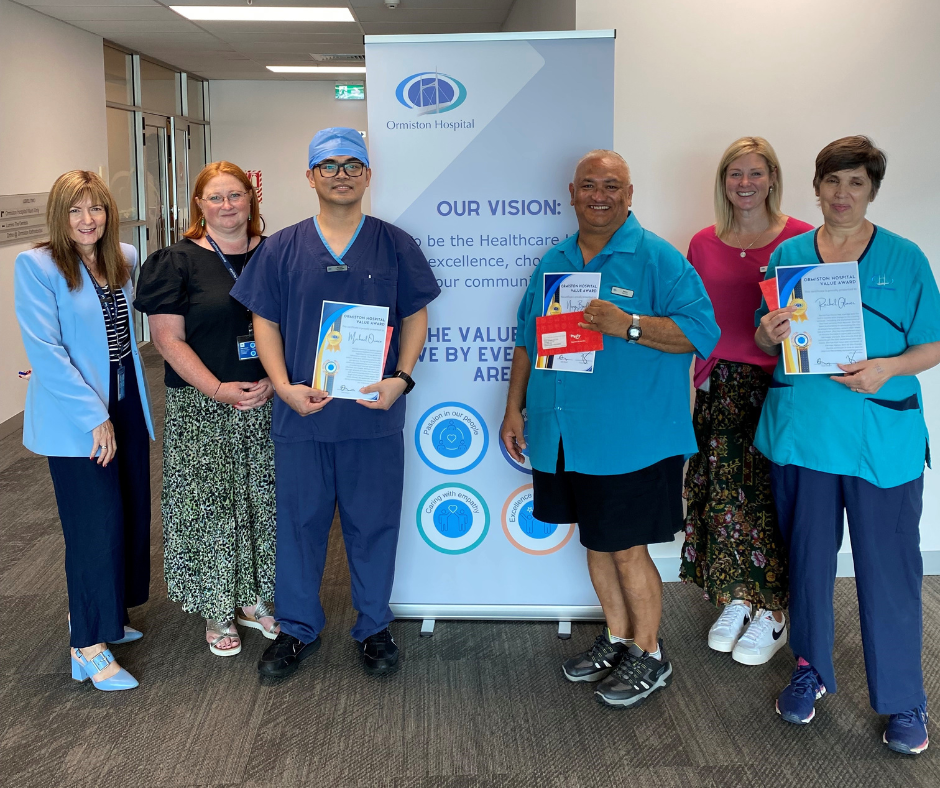At Ormiston Hospital, our specialists provide a wide range of oral and facial surgery procedures including wisdom tooth extractions, dental implants, facial reconstructive surgery, and facial trauma surgery. During your private consultation, our specialists work with you to diagnose your condition and provide expert advice on treatment options to support you in making informed decisions about your care.
Our range of available procedures include:
Balloon Sinuplasty
This procedure is used to treat chronic rhinosinusitis (sinus infection). This condition is usually treated with medications such as antibiotics but in severe cases, i.e., when the medications are not working and symptoms persist, balloon sinuplasty is recommended.
In this procedure, an endoscope (a thin tube with a light and camera) is used to insert a catheter into the nostril. This catheter is used to pass a small balloon into the sinuses. The balloon will be slowly inflated to unblock the sinuses. The results are typically permanent, and implants or additional support are not required.
Cosmetic facial surgery
For more information on cosmetic facial surgery offered at Ormiston Hospital, please follow this link.
Cranio-maxillofacial (CMF) trauma surgery
Cranio-maxillofacial (CMF) surgery is a specialised type of surgery focused on treating conditions or injuries related to the skull, face, jaws, and associated structures. This surgery can address a wide range of issues, from congenital deformities and trauma injuries (repairing fractures, realigning bones) to diseases affecting these areas. The procedure is tailored to the specific needs of the patient, with the goal to restore function and appearance, improving quality of life and overall health.
Dental Implant surgery
This procedure involves replacing the roots of a tooth with metal, screw-shaped posts and replacing the missing or damaged tooth with an artificial one. Artificial teeth resemble natural teeth in appearance and function.
Head, neck, and oral cancer surgery
Head, neck, and oral cancer surgery involves specialised procedures to remove cancerous tumours in areas like the mouth, throat, and surrounding regions. The goal is to remove all cancerous tissue whilst maintaining the ability to speak and eat normally. The specific procedure depends on the cancer’s location and stage, and your surgical team will carefully plan the best approach for your health and recovery.
As well as removing the head and/or neck cancer, surgeons at Ormiston Hospital also provide microvascular reconstruction procedures. This is a complex surgical technique where tissue from another part of your body is transplanted to repair areas affected by the cancer removal. This method involves reconnecting small blood vessels under a microscope, ensuring the transplanted tissue receives adequate blood supply for healing and function.
Paediatric cranio-maxillofacial (CMF) surgery
Paediatric craniomaxillofacial (CMF) surgery is a specialised area of surgery that addresses conditions affecting the skull, face, and jaws in children. This type of surgery can treat congenital deformities (like cleft lip and palate), trauma injuries, or developmental issues. The goal is to correct these conditions while supporting healthy development and improving the child’s quality of life.
Parotidectomy or Sialendoscopy (salivary gland surgery)
Parotidectomy is a surgical procedure where the major salivary gland is removed. This surgery is typically performed to remove tumours or masses in the gland, with the aim to preserve facial nerve function and address the underlying condition effectively.
Temporomandibular joint (TMJ) surgery (jaw-joint surgery)
Temporomandibular (TMJ) surgery, also known as jaw-joint surgery, is performed to treat various disorders affecting the joint connecting your jawbone to your skull. This surgery can address issues like persistent pain, dysfunction, or joint damage often caused by conditions like arthritis or jaw injuries. The procedure aims to relieve discomfort, improve jaw function, and in some cases, it involves repairing or replacing the damaged joint for better movement and quality of life.
Wisdom tooth extractions
This is a common dental procedure to remove one or more wisdom teeth. This procedure is often necessary when these teeth do not have enough room to emerge or grow properly, which can cause pain, infection, or other dental problems.
Need to know
During your private consultation with one of our surgeons, you will be able to explain your symptoms, complaints, and medical history. They will do a physical examination and explain both the benefits and risks associated with the surgery. If your surgeon indicates that oral and maxillofacial surgery is needed, a few tests may be ordered, such as an X-ray, CT scan, MRI, duplex ultrasound, and Panorex (a type of X-ray used in dentistry to detect the sinuses). If you wish to go ahead with surgery, you can then work with the admissions team to arrange a date for the procedure.
There are many procedures involved in oral and maxillofacial surgery. Knowing more about them can help you prepare for the surgery. You must abstain from smoking for at least two weeks before surgery because it increases the risk of treatment failure. You will also be asked to abstain from taking certain medications, such as NSAIDs and anticoagulants, before surgery. In most cases, you will be asked not to eat after midnight the day before your surgery. If you are receiving local anaesthesia, there will be fewer restrictions.
Once appropriate anaesthesia has been administered, the surgery will begin. It may be a minimally invasive procedure (small incision and minimal tissue damage), open surgery (large incision and invasive), or endoscopic surgery. The surgery may be reconstructive or cosmetic.
Oral and maxillofacial surgery may help to relieve pain and improve jaw function.
Like any other surgery, oral and maxillofacial surgeries carry risks that you should be aware of. These may include infection, bleeding, numbness, a tingling sensation, facial nerve injury, and bone inflammation. There may be changes in jaw alignment and appearance.
Recovery time varies from procedure to procedure. In most cases, you can return to your work or your daily activities within a few days, but some procedures may require several months of recovery. You may experience some bleeding, bruising, swelling, or limited use of your jaw or teeth during the recovery process.
During surgery, you will be given general anaesthesia or local anaesthesia, depending on the procedure. Throughout the surgery, your vital signs are closely monitored for safety, and the surgical team will ensure that the procedure is as smooth and efficient as possible.
After the surgery, you will be monitored until you are fully awakened from anaesthesia. Once you are awake, the medical team will check your vitals, see if you can walk stably, and decide whether you can go home. Some procedures may require a hospital stay, and the duration of your stay depends on the procedure and your condition. Your surgeon will provide instructions for post-surgical care, medications to manage pain, and information on any diet and work restrictions. There will be one or more follow-up appointments so your doctor can monitor your healing process.
Specialist Surgeons










